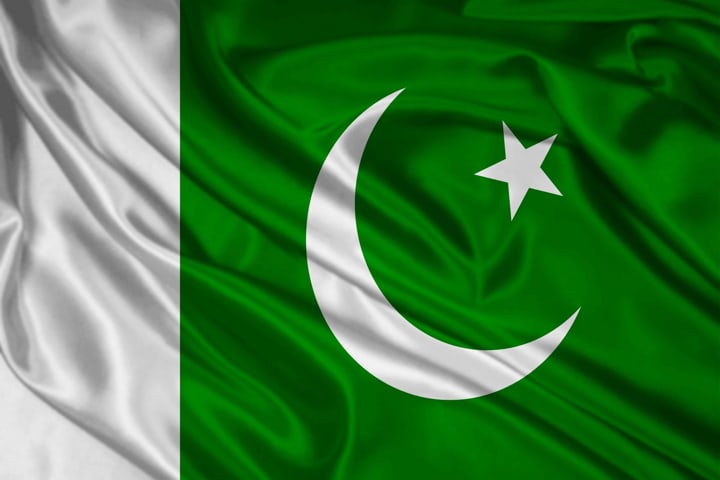The European Union’s decision last month to remove Islamabad from the list of ‘High-Risk Third Countries’ for anti-money laundering and terrorist financing purposes has brought little joy to Pakistan’s exporters. While the decision could have boosted outbound shipment for Pakistan due to lesser scrutiny and regulatory hassles, exporters today are in no position to cash in on the situation due to the deepening economic crisis besides an acute shortage of raw materials.
The plummeting value of the Pakistani rupee has also made imports dearer—export houses relying on imported raw materials now have to pay more amid shrinking businesses.
Between July 2022 and March 2023, Pakistan’s exports dropped by 10 per cent, official data revealed. The country’s exports were valued at $21.05 billion in the nine-month period while it was $23.35 billion in the corresponding period of 2021-22. The situation could get worse with crippled supplies of raw materials and power outages.
The crisis has also had an impact on the country’s once robust textile sector, which accounted for more than 60 per cent of Pakistan’s exports. But shortage of raw material and the destruction of large swathes of cotton crops during last year’s floods have dealt a blow to the sector.
Several exporters have been forced to shut down their operations leading to loss of employment. “Many of those who are employed have not been paid..for several others salaries have been deducted,” a citizen living outside the country told India Narrative.
“For the common Pakistanis, the struggle today is about survival..no more about dignity,” the person added.
In March, the country’s inflation surged to 35.37 per cent, prompting the State Bank of Pakistan to raise interest rates by a whopping 100 basis points—the highest quantum ever to be implemented in a single stroke.
Uncertainty over the much needed $7 billion aid package from the International Monetary Fund (IMF) has led to further problems for Islamabad. Besides IMF’s reluctance to offer help, Saudi Arabia, considered an all time ally of Islamabad has also not come forth to help.
As the political and security threats in the South Asian nation rise, the common Pakistanis will have to brace for the worse.
Also read: Many in Pakistan dread IMF terms for loan as inflation soars to 35%




















